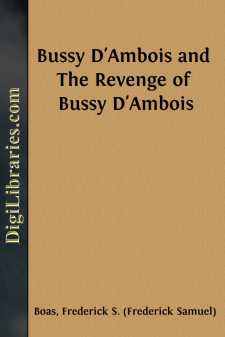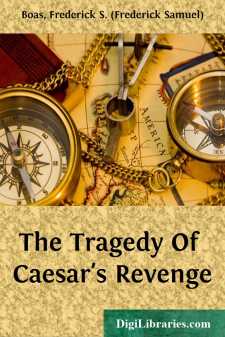Categories
- Antiques & Collectibles 13
- Architecture 36
- Art 48
- Bibles 22
- Biography & Autobiography 816
- Body, Mind & Spirit 145
- Business & Economics 28
- Children's Books 17
- Children's Fiction 14
- Computers 4
- Cooking 94
- Crafts & Hobbies 4
- Drama 346
- Education 58
- Family & Relationships 59
- Fiction 11834
- Foreign Language Study 3
- Games 19
- Gardening 17
- Health & Fitness 34
- History 1378
- House & Home 1
- Humor 147
- Juvenile Fiction 1873
- Juvenile Nonfiction 202
- Language Arts & Disciplines 89
- Law 16
- Literary Collections 686
- Literary Criticism 179
- Mathematics 13
- Medical 41
- Music 40
- Nature 179
- Non-Classifiable 1768
- Performing Arts 7
- Periodicals 1453
- Philosophy 66
- Photography 2
- Poetry 897
- Political Science 203
- Psychology 45
- Reference 154
- Religion 516
- Science 126
- Self-Help 85
- Social Science 82
- Sports & Recreation 34
- Study Aids 3
- Technology & Engineering 59
- Transportation 23
- Travel 463
- True Crime 29
Frederick S. (Frederick Samuel) Boas
Frederick Samuel Boas (1862–1957) was a prominent English scholar, known for his work on Elizabethan and Jacobean drama. He authored several influential studies on English Renaissance literature, including "Shakespeare and His Predecessors" (1896), which explored the development of Elizabethan drama. Boas also contributed to academic editions of works by early modern playwrights, such as Thomas Kyd and Christopher Marlowe. His critical insights helped shape modern understanding of Renaissance theatre and its historical context.
Author's Books:
Sort by:
George Chapman was probably born in the year after Elizabeth's accession. Anthony Wood gives 1557 as the date, but the inscription on his portrait, prefixed to the edition of The Whole Works of Homer in 1616, points to 1559. He was a native of Hitchin in Hertfordshire, as we learn from an allusion in his poem Euthymiæ Raptus or The Teares of Peace, and from W. Browne's reference to him in...
more...
Plays on the subject of Caius Julius are so numerous that some difficulty arises in properly distinguishing the titles. In the case of the piece here reprinted the first title, which is also the head title, suggests a play of Chapman’s, while the running title is the traditional property of William Shakespeare. It seems, therefore, best that it should become known by the name which appears second on...
more...



